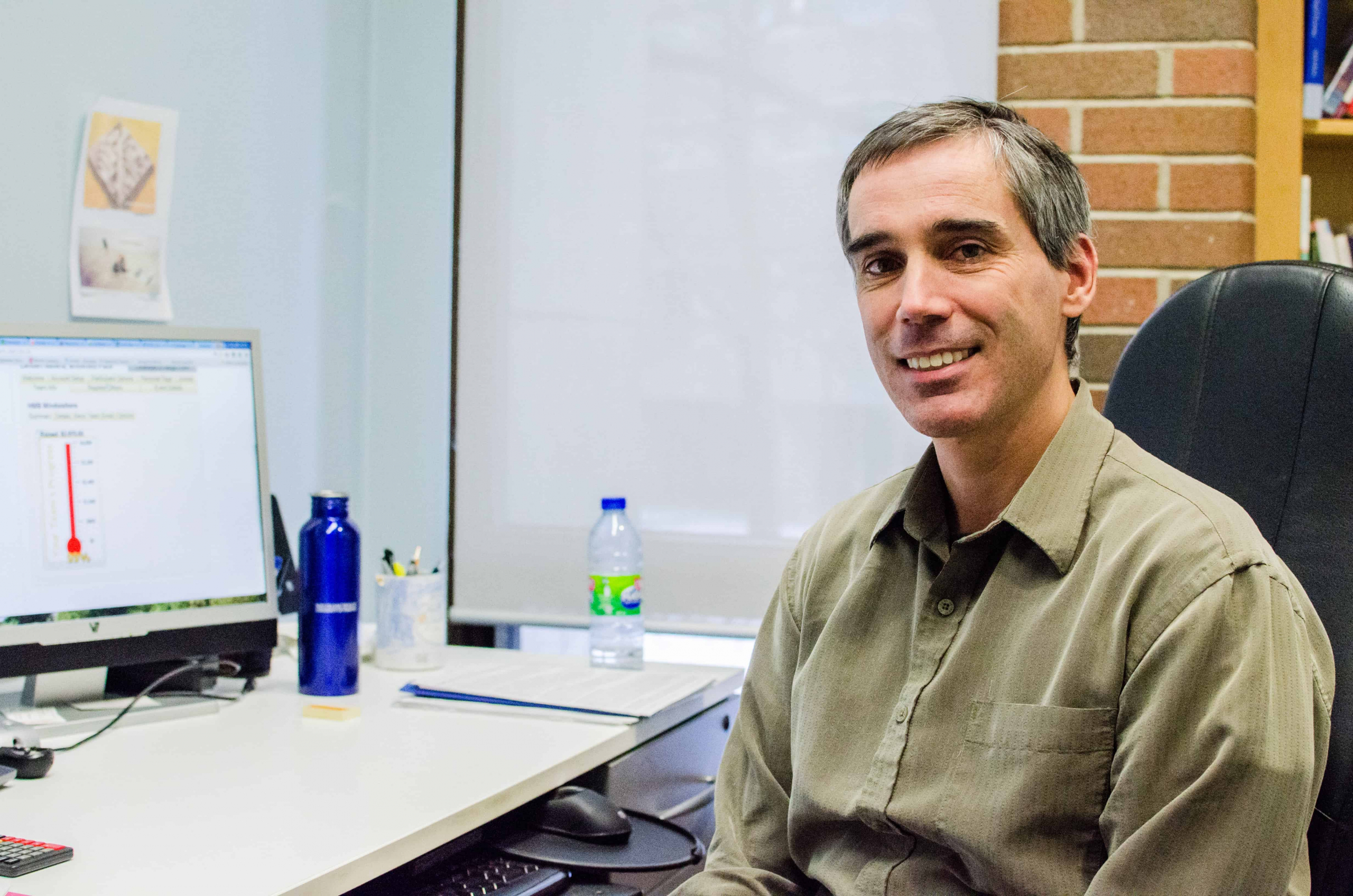You don’t often see stormtroopers trailing behind Darth Vader as they mill among hundreds of people on a Toronto street. Nor do you usually see Joker and Batman chatting and posing in pictures. Yet that is what you would expect, along with musicians, performers, and special appearances by Marilyn Monroe and Lucille Ball, at “Walk For Memories,” an annual fundraiser for Alzheimer’s Disease.
Organized by the Toronto Alzheimer Society, the 2013 Manulife Walk For Memories took place in the downtown core. Participants formed teams with family and friends, many in memory of loved ones affected by the disease. This year, over $570,000 was raised to support the programming, counseling, and educational resources offered to people living with forms of dementia and their caregivers. Most of these services are offered free of charge by the society.
Among the hundreds of participants was HMB Mindwalkers, a team formed by U of T’s Dr. Franco Taverna and his Human Biology Dementia class. As part of their coursework, students were asked to participate in the Walk to help fundraise for the Society. Since the Society had been an integral part of the course from the beginning, taking part in their major fundraiser seemed like a natural progression. Taverna’s class has participated in the walk for several years now, collectively raising over $17,000 to date.
It’s not just about the fundraising, though. “Giving them the knowledge on how easy it is to make a big impact is a valuable learning experience for students,” says Taverna. Moreover, Alzheimer’s Disease and various forms of dementia are diseases that will inevitably affect us. “With the aging population, we all have, or will have, parents, grandparents and spouses that have the disease. We’re living longer and healthier lives, but with that, is what looks like the inevitability of the neurodenegeration of the brain.”
Participating in the Walk is only one part of the service-learning component of HMB440. Students are also given volunteer placements in a long-term care facility as friendly visitors. Through this opportunity, Taverna hopes that students get to see different sides of Alzheimer’s and dementia. “When you study human disorders, especially psychiatric and cognitive disorders, it can become easy to forget that these are human beings we’re talking about. I wanted to give students a first hand look at some of those symptoms to complete and round out the multidisciplinary nature of the course. ”
Students then complete a life history project of the resident they are visiting, which brings another dimension of learning to the course. By visiting elderly residents and compiling stories, students not only learn about the clinical pathology behind the disease, but other multidisciplinary angles that are just as important to studying and treating the disease.
Community service learning is organized by course instructors, community partners, and U of T’s Centre for Community Partnership. Together, they create placements that allow students to apply what they learned in class in a workplace setting. There are few science-based service learning courses at U of T, and it can seem difficult to connect basic science with community service. Even so, science in the lab has very real effects on the community. What happens in the lab will eventually make its way into how we approach life, from our health to how we fly.
For students looking to pursue careers in healthcare, community service experiences are important for career advancement. Many life sciences and health studies students apply early on to become volunteers at healthcare facilities, such as the nearby Toronto General Hospital and Princess Margaret Hospital. However, volunteer positions are very competitive, and it is difficult for students to find placements on their own. Successful service learning courses give students an opportunity to apply what they learn in class while giving back to the community.
Though service placements are an important and practical start to one’s career trajectory, it is important to remember that community service can be a life-changing experience. Students in Taverna’s class come to realize that they are bringing some humanity back to their perception of dementia.


